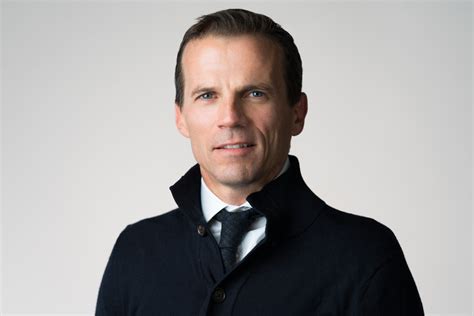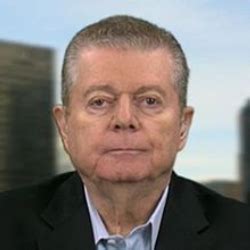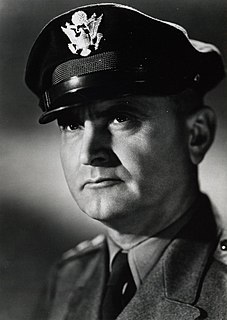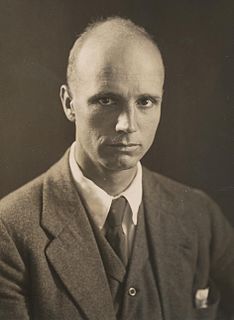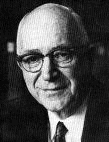A Quote by Chris Fussell
As a leader, you must consistently drive effective communication. Meetings must be deliberate and intentional - your organizational rhythm should value purpose over habit and effectiveness over efficiency.
Related Quotes
The only person over whom you have direct and immediate control is yourself. The most important assets to develop, preserve and enhance, therefore, are your own capabilities. And no one can do it for you. You must cultivate the habit of leadership effectiveness for yourself - and doing so will be the single best investment you will ever make.
Developing excellent COMMUNICATION skills is absolutely essential to effective leadership. The leader must be able to share knowledge and ideas to transmit a sense of urgency and enthusiasm to others. If a leader can't get a message across clearly and motivate others to act on it, then having a message doesn't even matter.
Your success in life and work will be determined by the kinds of habits that you develop over time. The habit of setting priorities, overcoming procrastination, and getting on with your most important task is a mental and physical skill. As such, this habit is learnable through practice and repetition, over and over again, until it locks into your subsconscious mind and becomes a permanent part of your behaviour.
Leader and followers are both following the invisible leader - the common purpose. The best executives put this common purpose clearly before their group. While leadership depends on depth of conviction and the power coming therefrom there must also be the ability to share that conviction with others, the ability to make purpose articulate. And then that common purpose becomes the leader.
Nothing has a more sinister effect on art than the artist's desire to prove that he's good. The terrible temptation of idealism! You must achieve mastery over your idealism, over your virtue as well as over your vice, aesthetic mastery over everything that drives you to write in the first place - your outrage, your politics, your grief, your love!
Communication is an offering. When you tell someone your truth, you must release your expectation of what the other person should do with it. They may thank you profusely, love you forever, argue with you, or ignore you. It doesn't matter. Of course we hope the gift will be received with appreciation and thanks. But if it isn't we must not dictate. We've done our part, and we must trust the universe to do the rest.
What must novel dialogue . . . really be and do? It must be pointed, intentional, relevant. It must crystallize situation. It must express character. It must advance plot. During dialogue, the characters confront one another. The confrontation is in itself an occasion. Each one of these occasions, throughout the novel, is unique.
If there is a purpose in life at all, there must be a purpose in suffering and in dying. But no man can tell another what this purpose is. Each must find out for himself, and must accept the responsibility that his answer prescribes. If he succeeds he will continue to grow in spite of all indignities.
